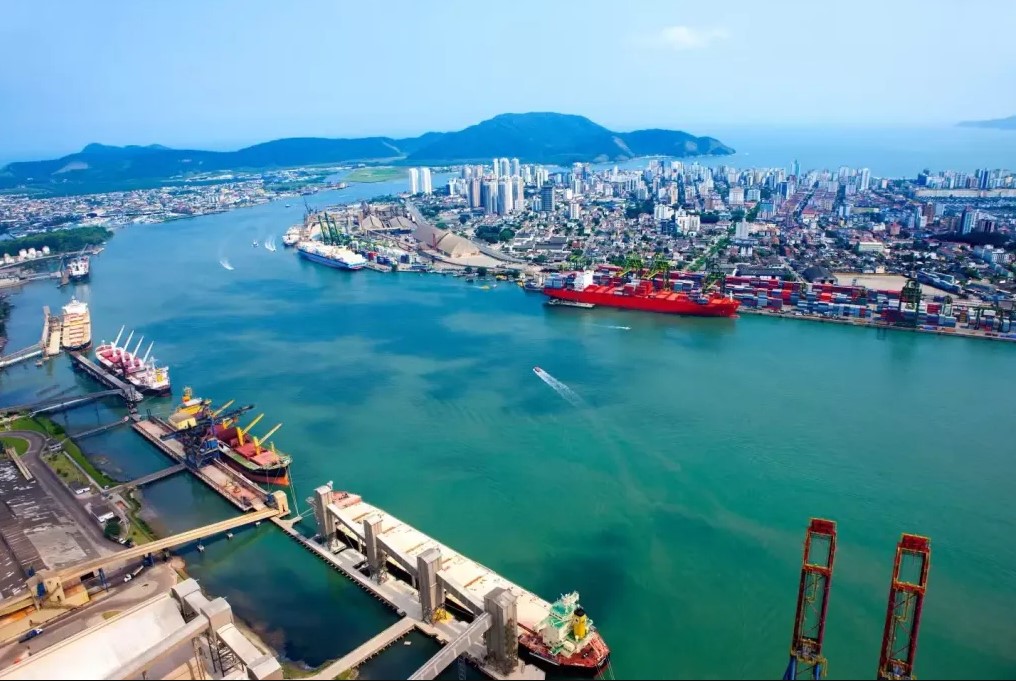


Registration is open until May 24th (photo: Shutterstock)
Published on 05/19/2025
Agência FAPESP – The São Paulo School of Advanced Science in Ocean Literacy (SPSAS – Ocean Literacy) will bring together around one hundred participants from various countries in Santos, state of São Paulo, Brazil, from August 19th to September 1st. Those interested in participating must register by May 24th.
The initiative, funded by FAPESP, is coordinated by the Institute of Marine Science of the Federal University of São Paulo (IMar-UNIFESP, which also hosts the event) and linked to the São Paulo School of Advanced Science program (SPSAS). The event is part of the United Nations (UN) Decade of the Ocean agenda.
SPSAS – Ocean Literacy is aimed at postgraduate students and early-career researchers interested in ocean science, sustainability, education, communication and public policies related to the ocean.
The goal is to strengthen the relationship between society and the ocean by promoting sustainable solutions and the conservation of marine biodiversity. Participants will also work with education, communication, knowledge systems and cultural connections in relation to themes such as the sustainable blue economy, climate resilience and justice, equity, diversity and inclusion.
The program includes lectures, workshops, debates and field trips led by national and international experts, promoting a transdisciplinary approach that values scientific, local and traditional knowledge.
Applications can be submitted via the online form. Participants will be selected based on geographical and gender representation, with 50 spots reserved for Brazil (25 for the state of São Paulo and 25 for other regions) and 50 spots for candidates from other countries.
For more information, visit: spsasoceanliteracy.maredeciencia.eco.br.
Source: https://agencia.fapesp.br/54784